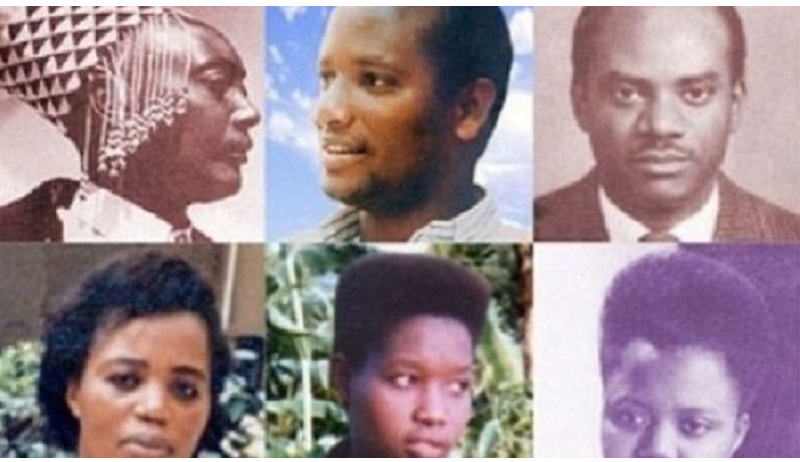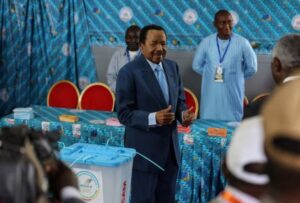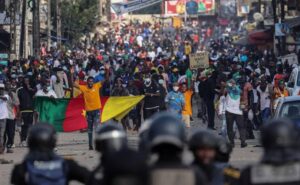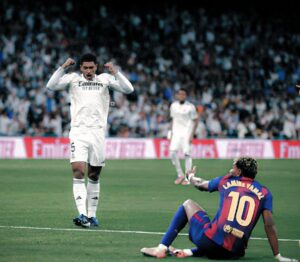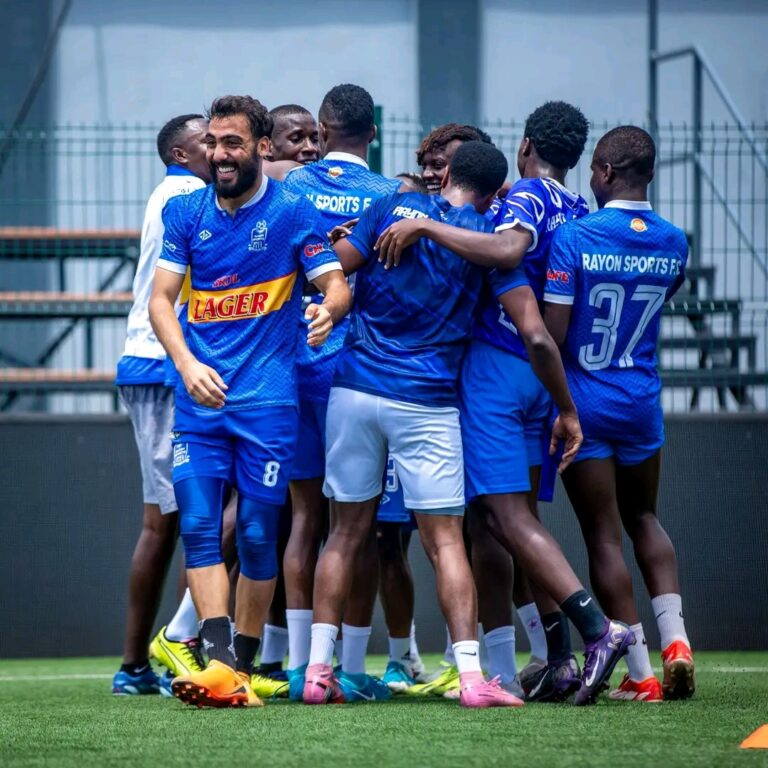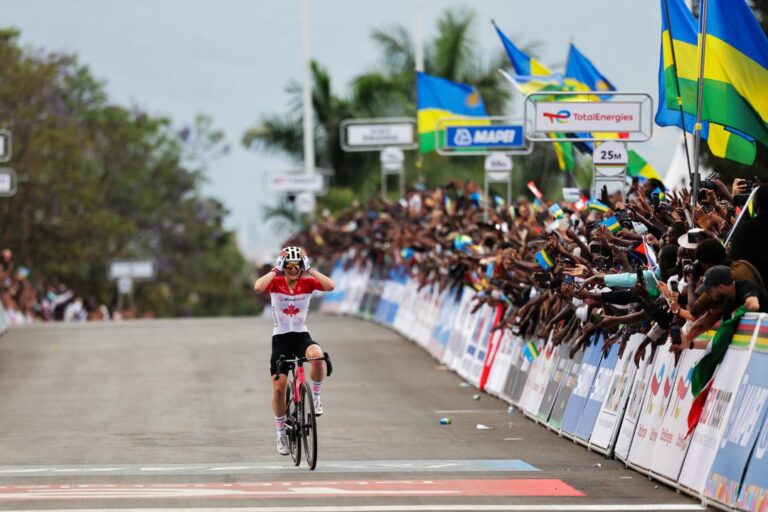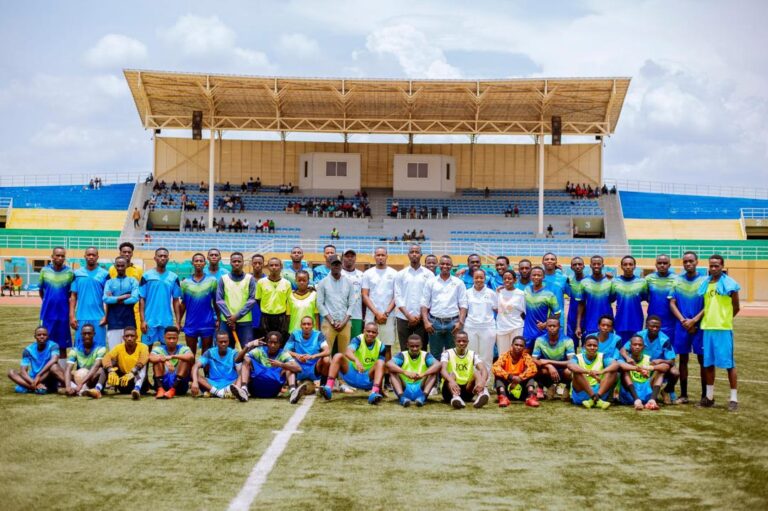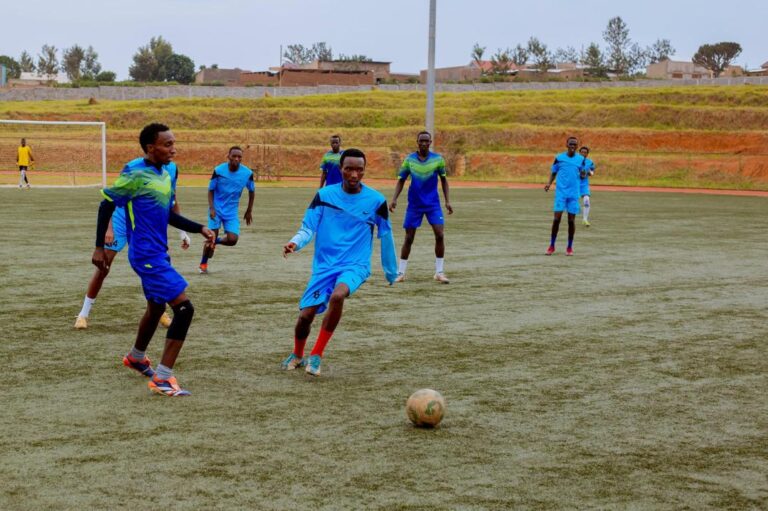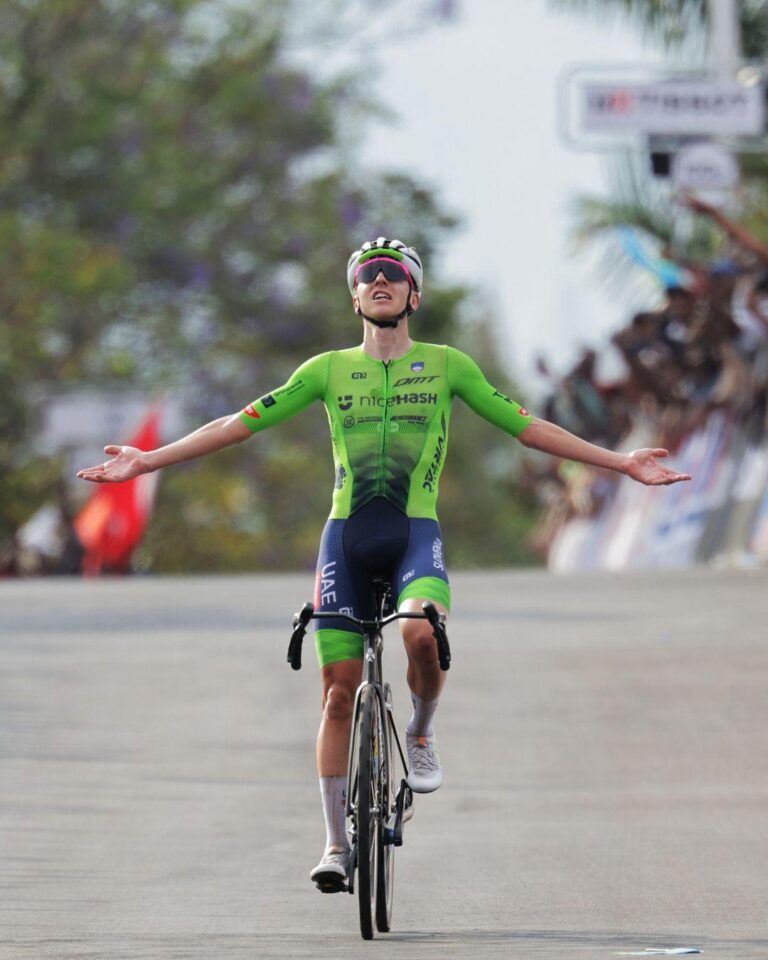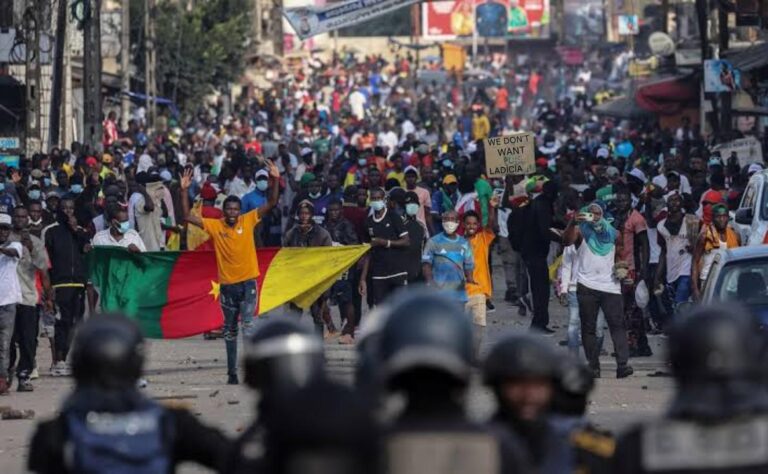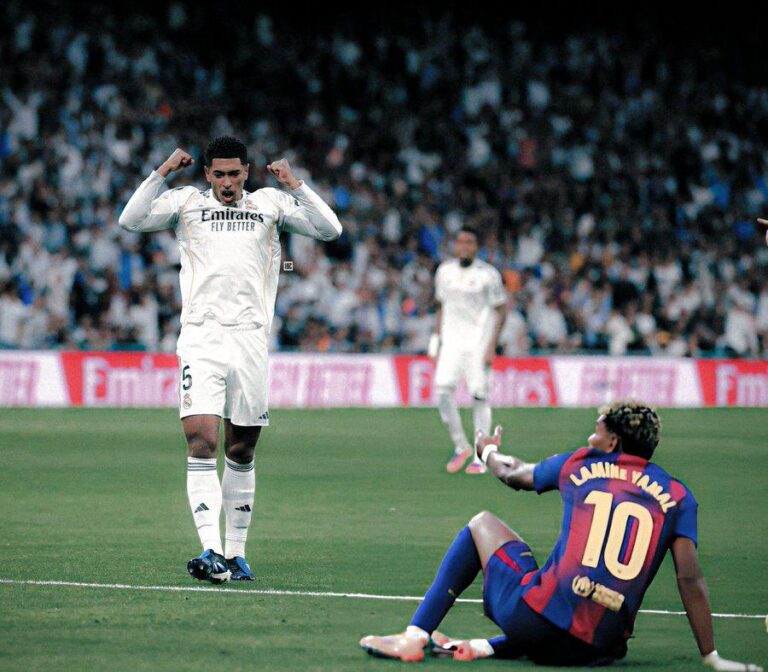On Saturday, February 1, 2025, Rwanda will commemorate the annual National Heroes Day, a significant occasion to honor the exemplary deeds of the nation’s heroes.
To deepen understanding and appreciation of this day, ICK News has prepared a comprehensive article exploring the categories of Rwanda’s heroes, their lives, and their extraordinary contributions.
Categories of heroes in Rwanda
Currently, Rwanda recognizes three categories of heroes: Imanzi, Imena, and Ingenzi.
Imanzi is the highest category, reserved for heroes who performed extraordinary acts of bravery, often sacrificing their lives for the nation, while Imena category honors individuals distinguished by exemplary deeds of selflessness and dedication. In addition, to date, no individual has been inducted into Ingenzi category, but the recognition remains open for future nominees who meet the criteria.
Heroes of the Imanzi category
The Unknown Soldier: The Unknown Soldier symbolizes all Rwandan soldiers who made the ultimate sacrifice in defense of the nation, both in the past and the present. Though their names remain unknown, their collective valor is honored through the Tomb of the Unknown Soldier, a profound symbol of respect for their unwavering commitment to Rwanda’s sovereignty, independence, and prosperity.
Major General Fred Rwigema: Fred Rwigema, born on April 10, 1957, in Mukiranze, Kamonyi District, Southern Province, was a key figure in Rwanda’s liberation struggle. He was the son of Anastasi Kimonyo and Katarina Mukandilima. Married to Jeannette Urujeni, they had two children, Gisa Junior and Gisa Teta.
Rwigema died on October 2, 1990, in Kagitumba, Nyagatare District, during the early stages of the liberation war he initiated.
Having grown up in exile, Rwigema was deeply affected by the circumstances that drove his family from Rwanda. He found inspiration in revolutionary leaders like Kwame Nkrumah, Mao Zedong, and Fidel Castro. In 1974, he left formal education to pursue military and political training in Tanzania, later advancing his training in Mozambique under the mentorship of Julius Nyerere.
Rwigema’s military career flourished as he joined various liberation movements, including FRONASA and later NRA, where he held prominent positions such as Deputy Army Commander and Deputy Minister of Defense. On October 1, 1990, he and his comrades launched the Rwandan Patriotic Army’s liberation campaign. Tragically, he was killed the following day, but his legacy lived on, culminating in Rwanda’s liberation on July 4, 1994.
Heroes of the Imena category
King Mutara III Rudahigwa: Born in March 1911 in Nyanza, King Mutara III Rudahigwa was the son of King Yuhi IV Musinga and Queen Nyiramavugo Kankazi Redegonde. He ascended the throne on November 16, 1931, following his father’s deposition.
Rudahigwa was a reformist leader dedicated to social justice, education, and unity. He abolished forced labor (akazi), the feudal ubuhake system, and advocated for equality. He also promoted education by establishing schools for various communities and sending Rwandans to study abroad.
A devout Christian, he consecrated Rwanda to Christ the King in 1946, symbolizing his commitment to the nation’s spiritual and social development. Rudahigwa passed away unexpectedly on July 25, 1959, in Bujumbura, under circumstances still shrouded in mystery.
Michel Rwagasana: Born in 1927 in Ruhango District, Southern Province, Michel Rwagasana served as a trusted secretary to King Mutara III Rudahigwa and was instrumental in the activities of the UNAR political party. Known for his integrity and dedication to national unity, Rwagasana is remembered as a staunch advocate for justice and independence.
Agatha Uwilingiyimana: Born on June 23, 1953, in Gisagara District, Uwilingiyimana was Rwanda’s first female Prime Minister. Appointed on July 17, 1993, she served during a turbulent period leading up to the 1994 Genocide against the Tutsi.
As Minister of Education, she championed reforms against discrimination and advocated for equality in education. She was assassinated on April 7, 1994, for her unwavering commitment to justice.
Félicité Niyitegeka: Born in 1934 in Huye District, Southern Province, Niyitegeka is celebrated for her extraordinary bravery during the 1994 Genocide. She refused to abandon refugees she sheltered at the Saint Pierre Center in Gisenyi, even when her brother urged her to do so. She was executed on April 21, 1994, alongside those she protected.
The Nyange Students: The Nyange Secondary School students are heroes who, on the night of March 18, 1997, refused to be divided along ethnic lines when attacked by insurgents. Confronted with demands to separate into Hutu and Tutsi groups, they courageously declared, “We are all Rwandans.”
Of the 47 students, seven were killed during the attack, while the survivors, many of whom were injured, continue to embody resilience and unity.
Heroes of the Ingenzi category
As of now, no individuals have been placed in this category. However, the Chancellery for Heroes, National Orders, and Decorations of Honor (CHENO) continues to conduct annual research to identify candidates whose deeds of valor and patriotism may qualify them for recognition in this esteemed category.
This article was prepared using resources from CHENO’s publication, The Culture of Heroism in Rwanda.



